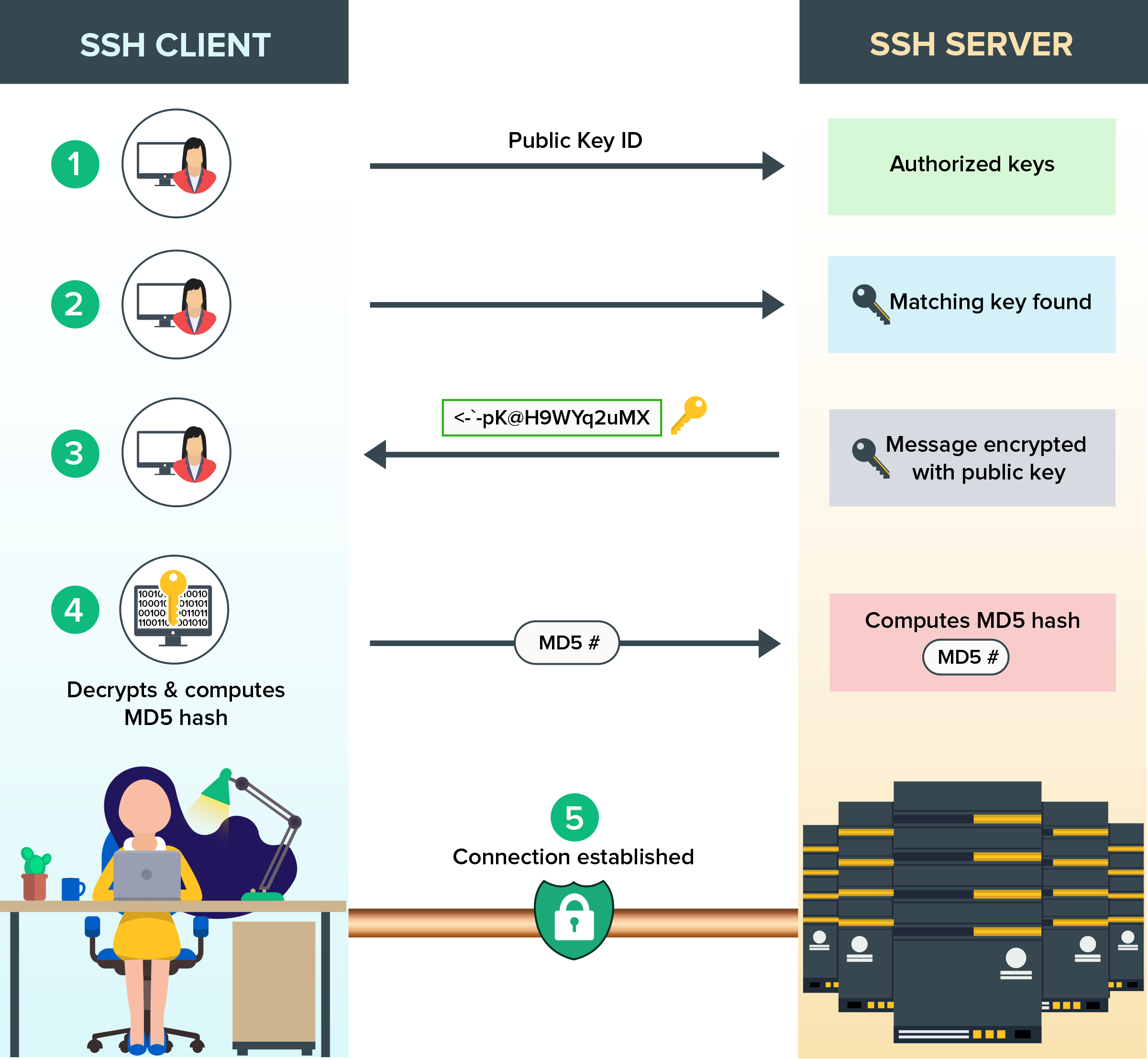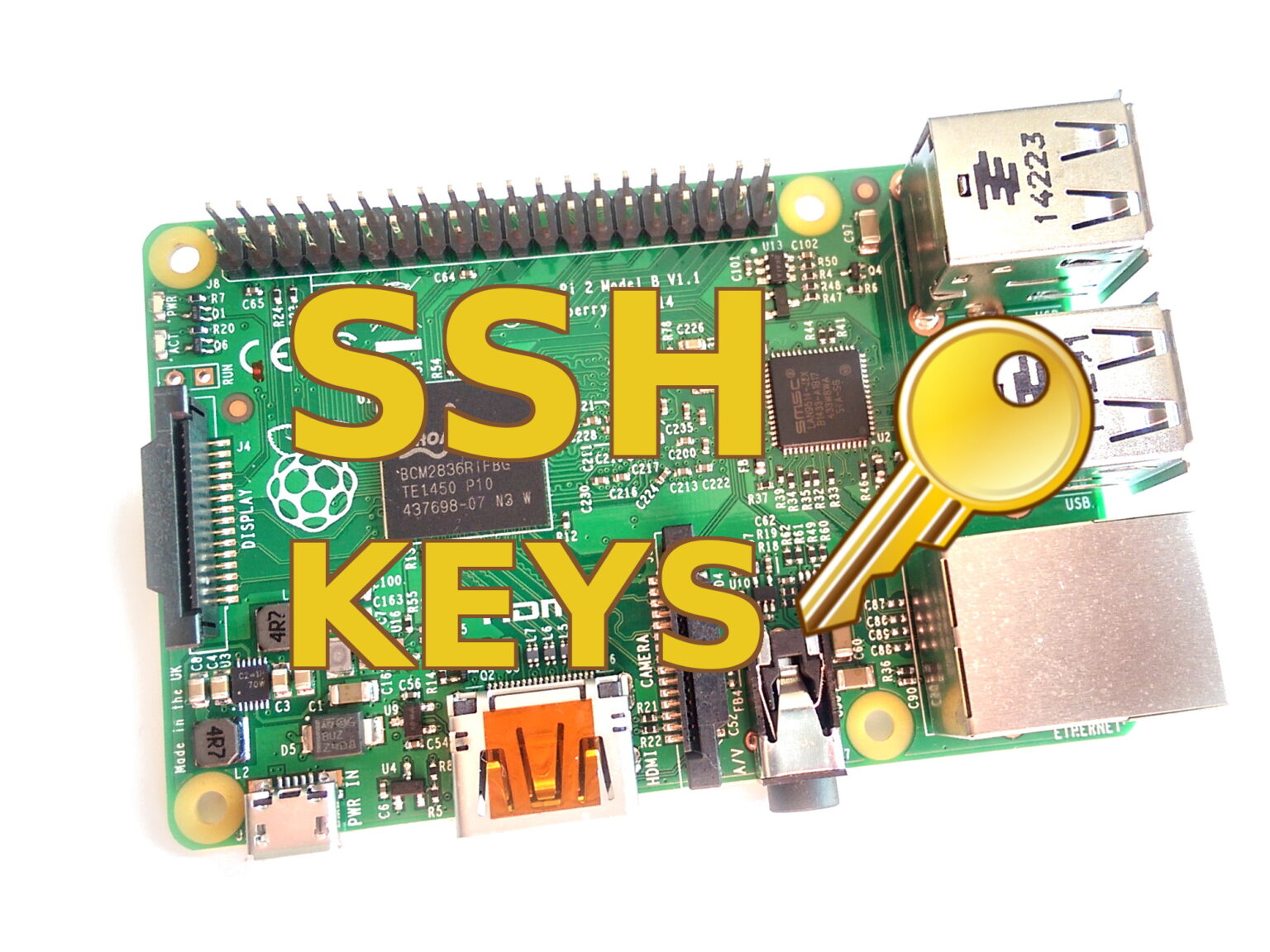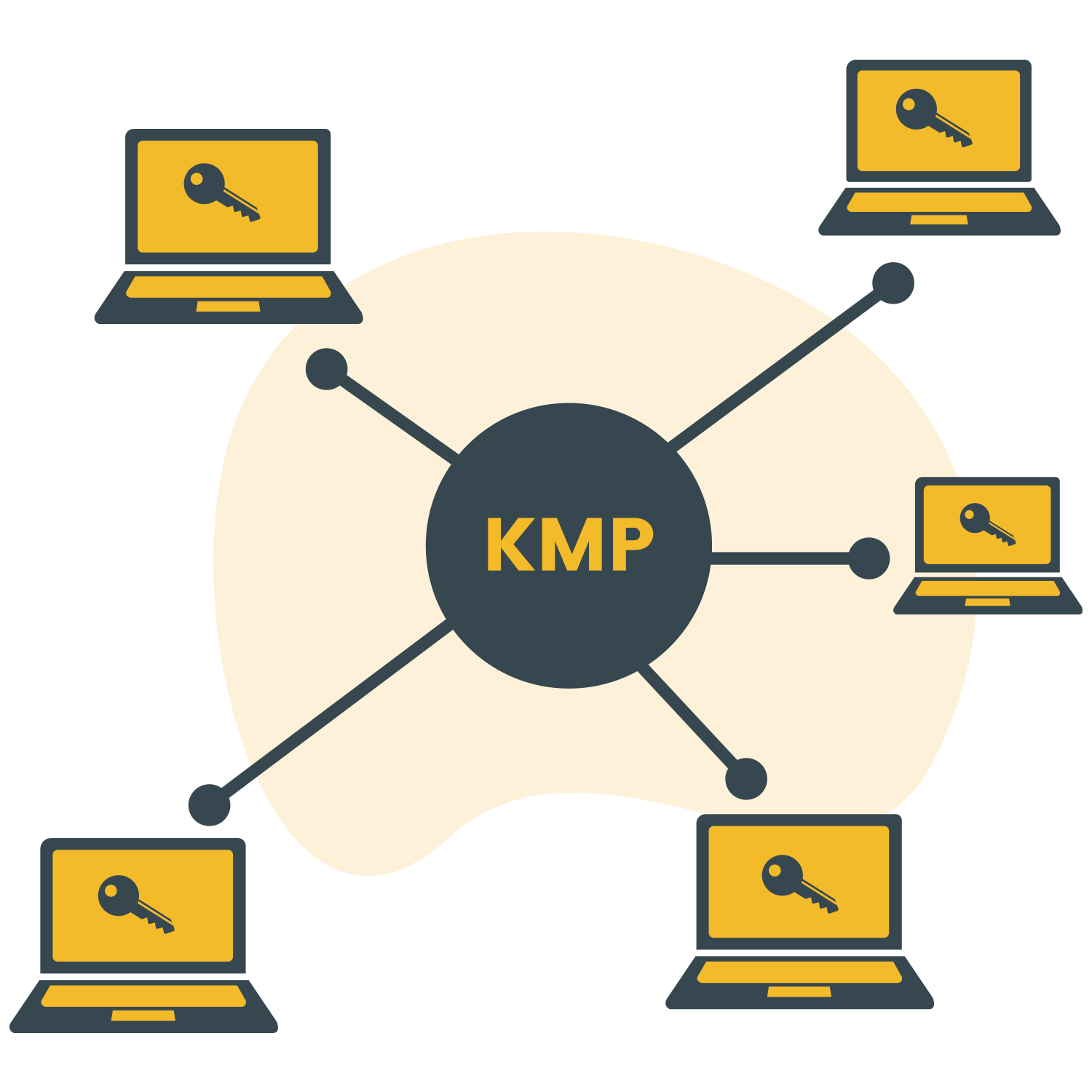Are you grappling with the complexities of securing your Internet of Things (IoT) devices? Managing SSH keys effectively is no longer just a best practice; it's a critical imperative in today's interconnected landscape, safeguarding your systems from evolving cyber threats.
The proliferation of IoT devices has created a sprawling attack surface, and with it, an increased vulnerability to cyberattacks. SSH keys, designed to provide secure access to remote devices, are often a weak point in this architecture. Their inherent complexity, coupled with the challenges of managing them at scale, makes them prime targets for malicious actors. Unmanaged keys, in particular, can become backdoors, allowing unauthorized access and potentially compromising entire networks.
Understanding the criticality of SSH key management is the first step towards fortifying your defenses. RemoteIoT platforms are at the forefront of providing solutions that address these challenges. These platforms offer a centralized approach to key management, simplifying the often-daunting tasks of key generation, distribution, rotation, and revocation.
To illustrate this point, let's create a table showcasing the key elements of SSH Key Management within the RemoteIoT context, formatted for easy integration into platforms like WordPress:
| Feature | Description | Benefits |
|---|---|---|
| Centralized Key Management | A single point of control for all SSH keys across your IoT infrastructure. | Simplified administration, improved security policy enforcement, and easier auditing. |
| Key Generation | Secure generation of strong, unique SSH keys for each device and user. | Reduced risk of compromise due to weak or reused keys. |
| Key Distribution | Automated and secure distribution of keys to the appropriate devices. | Eliminates manual processes and reduces the chance of errors. |
| Key Rotation | Regular rotation of SSH keys to minimize the impact of potential breaches. | Significantly reduces the window of opportunity for attackers. |
| Key Revocation | The ability to immediately revoke access for compromised or outdated keys. | Rapid response to security incidents and minimizes damage. |
| Access Control | Granular control over which keys can access which devices and resources. | Enforces the principle of least privilege, reducing the attack surface. |
| Compliance | Tools and features that support compliance with relevant security regulations. | Streamlines audit processes and helps organizations meet their compliance obligations. |
To learn more about this platform, please visit the official website: RemoteIoT Official Website
The core challenge lies in mitigating the risks associated with SSH keys, which are inherently complex and can easily become unmanageable, and, by extension, vulnerable. Unmanaged SSH keys create a prime target for malicious actors to exploit. RemoteIoT SSH key management offers a proactive solution. With its centralized approach, it drastically simplifies the lifecycle of SSH keys. This includes the crucial tasks of distribution, rotation, and revocation, all managed through a single, unified point of control.
The implementation of robust SSH key management practices is not just advisable; it's essential for securing remote IoT systems. Consider the following key practices:
- Employ strong, unique SSH keys for every user and device. This significantly reduces the likelihood of unauthorized access.
- Regularly rotate SSH keys to minimize the risk of compromise. This limits the potential damage should a key be compromised.
- Implement access controls to carefully limit SSH key usage. This adheres to the principle of least privilege, reducing the attack surface.
One of the common applications where these principles are critical is in setting up SSH keys for Raspberry Pi devices. Whether you're managing a single device or a fleet of them, RemoteIoT offers an effective means to manage virtual private clouds (VPCs) and securely access IoT devices from virtually anywhere in the world. The integration of SSH keys within the RemoteIoT platform enhances security by enabling encrypted communication between devices and the management infrastructure.
RemoteIoT SSH key management tools are instrumental in eliminating the complexities associated with distributing and managing these keys across complex systems. This centralized approach is a game-changer, simplifying key distribution, rotation, and revocation while providing a single point of control. This, in turn, streamlines security policy enforcement, thereby ensuring compliance assurance.
As organizations and individuals integrate IoT solutions, selecting the best remote IoT platform with support for SSH key authentication becomes increasingly important. This is especially true for Raspberry Pi-based projects, where the need for secure and reliable remote access is paramount.
Effectively managing SSH keys is vital for maintaining the security and efficiency of IoT devices. RemoteIoT has emerged as a leader in this domain, offering seamless integration and robust security features. The best RemoteIoT platform SSH key free Raspberry Pi solution offers secure access while simplifying the process. This is essential for projects such as:
- Home Automation: Controlling and monitoring devices like lights, thermostats, and security systems.
- Industrial Automation: Monitoring and controlling industrial equipment from remote locations.
- Environmental Monitoring: Collecting data from sensors deployed in remote environments.
- Educational Projects: Enabling secure access to Raspberry Pi devices used in educational settings.
RemoteIoT SSH key management is essential for securing remote system and network access and is essentially a way for people to manage their SSH keys to keep their environments safe. Essentially, SSH key management involves generating, distributing, and controlling SSH keys for user authentication on remote servers. This approach simplifies security policy enforcement and compliance assurance. It is a way to manage your SSH keys to keep IoT environments secure.
Remote IoT SSH key management involves creating, distributing, rotating, and revoking SSH keys across a vast network of devices. This intricate process demands meticulous planning and execution to maintain both security and compliance. Embracing best practices for SSH key management is paramount to maintaining security and compliance.
Centralized administration enhances security by enforcing standard rules, simplifying audit procedures, and easing key distribution, rotation, and revocation. By following the steps outlined here, you will fortify your IoT infrastructure and protect your data.
For example, to ensure a robust setup of SSH keys on your Raspberry Pi, the first step involves generating the key pair. Using the command `ssh-keygen` within the terminal will create the necessary private and public keys. The public key must then be added to the authorized_keys file on the Raspberry Pi. When you subsequently attempt to SSH into the Raspberry Pi, the system will use the private key to authenticate, if set up correctly, you'll gain access without being prompted for a password.
Once you have successfully established SSH key-based authentication, it is important to adopt best practices for key management. Use strong and unique SSH keys for each device, regularly rotate keys to mitigate risks, and implement access controls to limit key usage. This also includes disabling password-based authentication to further enhance security. This integrated approachfrom generating keys to implementing security protocolsensures that your Raspberry Pi remains secure while maintaining accessibility.
The best remote IoT platform SSH key free Raspberry Pi solution is here to transform the way you interact with your IoT devices. RemoteIoT has emerged as a leader in providing secure and efficient SSH key management for Raspberry Pi users. If you don't get prompted for a password, congratulations! You've successfully set up SSH keys on your Raspberry Pi.
Remember, managing SSH keys is not a one-time task; it's an ongoing process. To maintain a secure environment, you must constantly monitor, update, and adapt your key management practices to address emerging threats. It's essential for securing remote system and network access. It's a way for people to manage their SSH keys to keep IoT environments safe.
This article is your roadmap to mastering SSH key management in a remote IoT environment. RemoteIoT platforms have emerged as a reliable solution for SSH key management, offering seamless integration and robust security features. The best remote IoT platforms provide free SSH key management for Raspberry Pi, ensuring devices remain secure and accessible.


